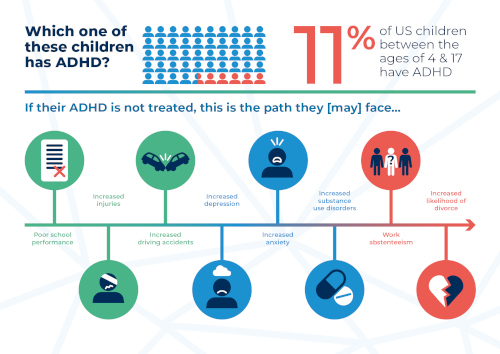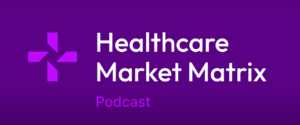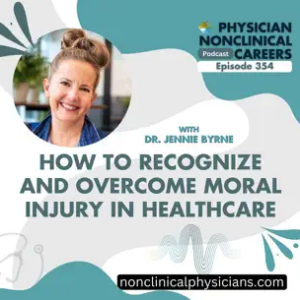1-minute summary: There can be serious socio-economic impacts if ADHD goes untreated or undiagnosed. Children and adults with ADHD can face problems with school and work performance, mental and physical health, substance use, and relationships if they don’t receive the care they need. We believe in standardizing the quality of ADHD assessment and treatment, and invite you to sign the ADHD Consensus Statement to support a vision of better ADHD care.
ADHD is a complex condition that affects around 11% of US children between the ages of 4 and 17 and around 5% of US adults.1 Untreated childhood ADHD is associated with an increased risk of death before the age of 46 as well as an increased risk of suicide in adulthood.2,3 Additionally, approximately six out of ten ADHD patients have coexisting conditions such as depression, anxiety, and substance abuse. If we continue to do nothing, the financial implications of the lifetime direct and indirect costs of ADHD are substantial. It is estimated that adult ADHD contributes approximately $122.8 billion in total economic burden because of unemployment and increased health care costs.1
Despite the high number of people living with ADHD, there are many barriers to successful treatment. ADHD can often go undiagnosed for long periods, particularly in women and girls whose symptoms may present differently. Furthermore, approximately 60% of Americans live in mental health provider shortage areas, limiting access to treatment.4
The impact of ADHD going untreated can be huge, affecting school and work performance, mental and physical health, substance abuse, and relationships.

Taking action on ADHD: The ADHD Expert Consortium
In 2022, a group of experts in ADHD, including psychiatrists, psychologists, neurologists, developmental pediatricians, nurse practitioners, and patient advocates gathered together to form the ADHD Expert Consortium. Together, this group has developed a vision for the path forward utilizing objective data and addressing contemporary challenges in healthcare. Key challenges discussed included access to quality ADHD care in a standardized way, absence of equity, education, lack of suitable payment, and parity. This group shares a vision for standardizing and improving ADHD care and improving information dissemination between professionals working in the field of ADHD.
The Consensus Statement on ADHD
Following the formation of the Consortium, the group published a Consensus Statement. The statement defines a vision for better ADHD care, utilizing objective data to aid diagnoses, and addressing contemporary challenges in healthcare.
We believe that ADHD must be viewed as a public health problem that produces significant impact on the health, quality of life, and economic state of the US population
If you agree, sign the Consensus Statement today
This powerful video and key calls to action from clinical and community experts who care deeply about improving outcomes in ADHD highlight the dangers of doing nothing about ADHD. Without proper diagnosis, treatment, and action, young people and adults with ADHD are at increased risk of multiple socio-economic issues. The mission, as outlined in the Consensus Statement, is to improve the lives of people being evaluated and or treated for ADHD. If you share this vision, please read and sign the statement to add your support.
Sources:
1 ADHD Statistics (2023, June 6). Retrieved June 7 from https://www.forbes.com/health/mind/adhd-statistics/#footnote_6
2 “The Adverse Health Outcomes, Economic Burden, and Public Health Implications of Unmanaged Attention Deficit Hyperactivity Dis order (ADHD): A Call to Action to Improve the Quality of Life and Life Expectancy of People with ADHD. Children and Adults with Attention-Deficit/ Hyperactivity Disorder (CHADD). (2019, October 7).” Retrieved April 13, 2022, from https://chadd.org/wp-content/uploads/2021/08/CHADD-Health-Outcomes-White-Paper_8-5-21-FINAL.pdf
3 Psychologist Barkley Says ADHD Life Expectancy Slashed in Worst Cases for Those With ADHD (2018, Jan 14). Retrieved June 7, 2023. https://www.ajmc.com/view/psychologist-barkley-says-life-expectancy-slashed-in-worst-cases-for-those-with-adhd
4 Morales, D.A., Barksdale, C.L., & Beckel-Mitchener, A.C. (2020) A call to action to address rural mental health disparities. Journal of clinical and translational science. https://www.ncbi.nlm.nih.gov/pmc/articles/PMC7681156/#r5







